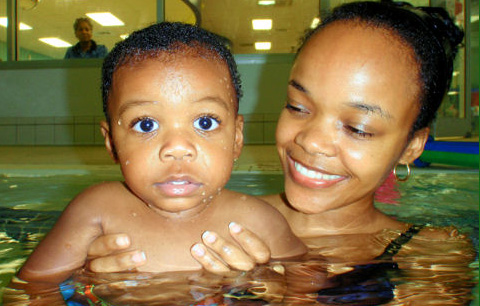
My mother always told me that being a parent is the hardest job in the world. And it’s the truth.
And it is a job that is learned. There are natural tendencies and emotions that parents feel, but doing a good job at it takes learned skills – learned skills such as patience with yourself and with your children. You also must be able to set realistic expectations for yourself and your children. Without these two skills, parenting will be even harder!
Your parenting skills are important in how you guide your children but they are also important because your children mimic you when it’s time for them to take on this job. So obviously the role model aspect of parenting is crucial. If you’re living your best life, your children will see that and follow. You’re on your way to being a positive parent.
What else can help you to be a positive parent?
Be good at playing!
Playing is very important to children and parents need to appreciate its role in their development. Creativity, problem-solving, socialization – these are all play skills that transfer over to life for children. Even critical gross and fine motor skills begin development in playtime.
Make eye contact!
If you begin this early it will maintain open lines of communication well into adolescence. This also helps them to develop a strong sense of self and feel as though they matter.
Children are individuals!
Remember that “developmental milestones” are guidelines. If your child doesn’t hit a milestone along with his peers, don’t panic. Children grow and change at their own pace. This is where realistic expectations come in and help you avoid any sense of failure that unrealistic expectations might inspire.
Be a listener!
And how you listen is important. Be active and empathic. Showing this type of listening to children helps them to grow into good listening habits and skills. Being an active and empathetic listener helps you to have a positive and inspiring relationship with your child (and everyone else in your life).
What is active listening?
If you are an active listener you listen without interrupting, you summarize what you’ve heard, think about what you’re going to say and ask good questions.
What is empathic listening? If you’re an empathic listener you must imagine putting yourself in the other person’s shoes so that you can imagine how they feel and avoid misunderstanding what is said.
Be positive!
It’s easy to start every command with don’t, but that is just going to sabotage any positivity that you’ve created. Encourage them, don’t push your child or criticize. Learn to give positive commands instead of negatives. Each positive command will also include an action so it gives your child direction.
What are negative and positive commands?
See if these make sense to you:
Negative
- You always leave your shoes in the hall and I trip over them.
- Stop slamming the door!
- Stop arguing with your sister!
- You’re chewing like a cow – stop it!
Positive
- Please put your shoes in the closet.
- Please close the door instead of slamming. I appreciate it.
- Please get along with your sister.
- Please use good table manners when you chew your food.
Positive parenting also makes your life as a parent much more pleasant. Using negative language with your children transfers over to the way you treat others.
Resource: CharlotteParent.com


Conversations